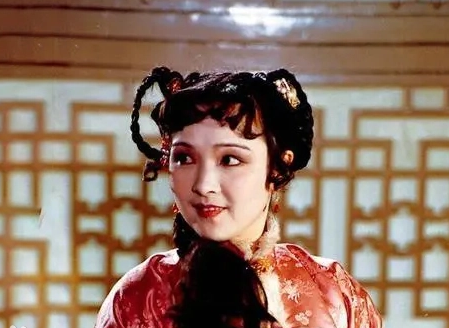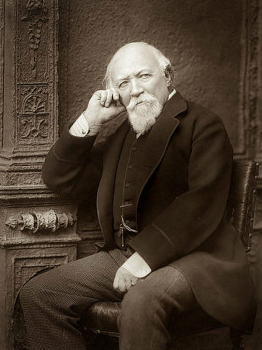Qin Shi Huang, the first emperor in Chinese history to unify the six kingdoms, is reverently referred to as "the emperor of all ages." However, unlike other emperors, Qin Shi Huang did not have a temple name or posthumous title in history. Why is that? This article will explore the reasons behind this phenomenon from multiple perspectives.

First, it is essential to understand what a temple name and posthumous title are. In ancient China, a temple name was a respectful title given to a deceased emperor, typically determined by the successor after the emperor's death. A posthumous title, on the other hand, was a summary and evaluation of the deceased emperor's lifelong achievements and shortcomings, also determined by the successor. Both the temple name and posthumous title represented an evaluation and summary of the emperor's life.
However, Qin Shi Huang did not establish a temple name or posthumous title for himself during his lifetime. This is because Qin Shi Huang considered himself the "First Emperor," the supreme being in the world, whose status was unparalleled. Therefore, he believed that his achievements did not need to be summarized by a temple name or posthumous title. Additionally, Qin Shi Huang abolished the feudal system of vassal states and centralized power in his own hands, making him unnecessary to rely on a temple name or posthumous title to consolidate his position.
Apart from personal reasons, the lack of a temple name and posthumous title for Qin Shi Huang is also related to historical context. The Qin Dynasty was the first unified feudal dynasty in Chinese history, and many systems were established through experimentation. Although the Qin Dynasty carried out a series of reform measures after unifying the six kingdoms, there were still shortcomings in some aspects. For example, the Qin Dynasty's laws were overly harsh, leading to public dissatisfaction, and its reign was short-lived, lasting only 15 years before it collapsed. These factors all influenced Qin Shi Huang's evaluation in history.
Furthermore, some events that occurred after Qin Shi Huang's death also affected the possibility of him receiving a temple name and posthumous title. According to historical records, there was chaos after Qin Shi Huang's death, and his tomb was damaged by tomb robbers. In such a situation, later rulers may have considered it inappropriate to give Qin Shi Huang a temple name and posthumous title.
In conclusion, there are multiple reasons why Qin Shi Huang did not have a temple name or posthumous title. These reasons include both personal factors and historical context. However, despite not having a temple name or posthumous title, Qin Shi Huang's position in Chinese history remains significant. He ushered in a new era, laying the foundation for the unification and development of later generations. His story and contributions will forever be remembered in the long history of China.
Disclaimer: The above content is sourced from the internet and the copyright belongs to the original author. If there is any infringement of your original copyright, please inform us and we will delete the relevant content as soon as possible.































